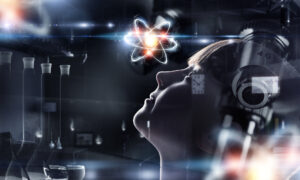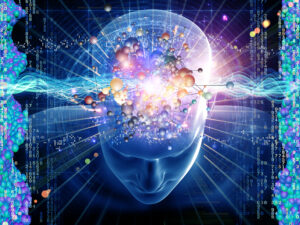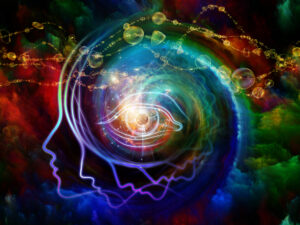
The ability to be aware of our thoughts, feelings and actions is unique to humans. This self-awareness is what differentiates us from animals and deepening it is fundamental to our evolution as a human being.
We often use the term self-awareness loosely, and it means different things to different people. In my experience, there are five distinct levels of self-awareness. These represent a progressively deeper understanding of ourselves. This progression can also serve as a useful guide when we are trying to change any behaviour or habit.
1. Outer Self-Awareness
The first level of self-awareness is about being aware of our common behaviour patterns and our visible personality traits. It’s an understanding of how we show up in the world.
“I often get angry” is an example of this level of awareness.
If we wish to change this trait, it is helpful to examine it more closely. For example, how often does it happen, what’s the intensity of the anger, how long does it last and what kind of people or situations does it get triggered by.
2. Inner Self-Awareness
From outer behaviour, we move to our inner thoughts and feelings. At this level, we have awareness of our recurring thoughts and feelings.
Example: “When my teenagers don’t listen to my advice, it shows they don’t respect me and I feel frustrated with my inability to parent them. I also worry that they will make big mistakes in life. This situation makes me angry.”
Here. we are aware not only of the angry behaviour but also of the thoughts and feelings that precede or accompany it. To expand our awareness, it’s useful to observe the impact our anger has on others and ourselves. How does it make the children feel. What are they learning about power dynamics and anger. How do we feel afterward. Was the anger worth it.
3. Subtle Self-Awareness
We usually recognise our recurring thoughts and feelings when we choose to pause and reflect. But at this level, we are in tune with our constantly changing thoughts and feelings as…




















